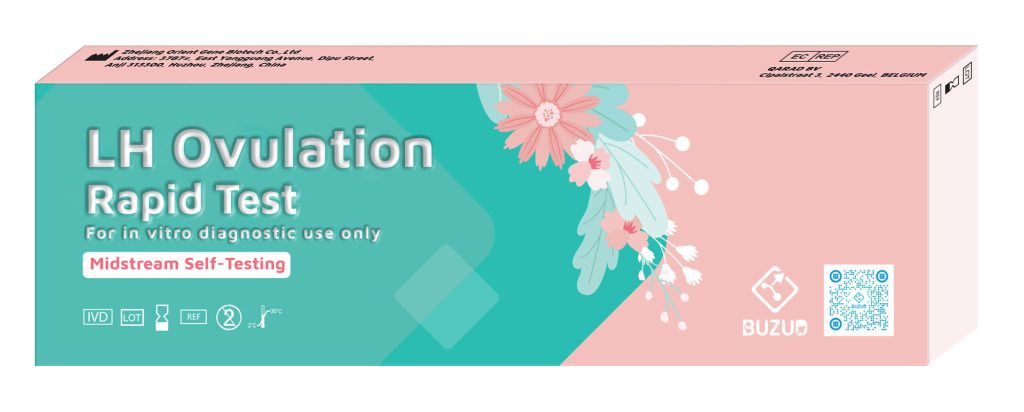
All You Need To know About Ovulation Cycle and Luteinizing Hormone (LH)
Luteinizing Hormone (LH) is a key hormone in the female reproductive system that plays a crucial role in the process of ovulation.
Ovulation is the release of a mature egg (ovum) from the ovary, and it marks the most fertile period of a woman’s menstrual cycle. Here’s how LH is involved in this process:
- LH Surge: As a woman’s menstrual cycle progresses, there comes a point in the cycle—usually around the middle—that LH levels in the body experience a rapid and significant increase. This surge in LH is often referred to as the “LH surge.” The surge triggers the final stages of egg maturation within the dominant ovarian follicle.
- Egg Release: The surge in LH causes the mature follicle to rupture and release the mature egg from the ovary. This egg is then captured by the fallopian tube, where it awaits the possibility of fertilization by sperm.
- Timing of Ovulation: The LH surge is relatively short-lived, typically lasting around 12-48 hours. Ovulation usually occurs within 24-36 hours after the onset of the LH surge. This timing is crucial for couples who are trying to conceive, as it indicates the optimal time for sexual activity to increase the chances of fertilization.
- Ovulation Prediction: Ovulation predictor kits (OPKs) are commonly used by women who are trying to conceive. These kits detect the LH surge in urine, helping women predict when ovulation is about to occur. This can assist couples in timing their attempts to conceive more accurately.
- Corpus Luteum Formation: After the egg is released during ovulation, the remaining follicle transforms into a structure called the corpus luteum. The corpus luteum produces the hormone progesterone, which is essential for preparing the uterine lining for a possible pregnancy.
- Feedback Loop: The rise in estrogen levels during the early part of the menstrual cycle stimulates the release of LH. This surge in LH triggers ovulation, and the subsequent formation of the corpus luteum and progesterone production helps maintain a suitable environment for a potential pregnancy. If pregnancy doesn’t occur, hormone levels decrease, leading to the shedding of the uterine lining (menstruation) and the start of a new menstrual cycle.
Tracking ovulation is important for several reasons, especially for individuals and couples who are trying to conceive, but also for those who want to understand their menstrual cycles and reproductive health better. With BUZUD LH Ovulation Rapid Test kit, it will help to detect the surge of luteinizing hormone (LH) in urine, which occurs just before ovulation, to help with identifying fertile days. For only $5.80, shop now at www.buzud.com or purchase at our official stores nearby.
DISCLAIMER
All information presented herein serves as a general guideline, and is not intended as dispensing any medical advice(s). User(s) should consult their doctor to seek further clarification for any doubt. It is recommended to refer to this guide with sole discretion, thereby we shall not be held responsible for any part of the information as presented.
REimagined Healthcare with BUZUD Care Experience at:
585 North Bridge Road, #01-02 Raffles Hospital, Singapore 188770
Call: +65 6518 9959 or Email: customercare@BUZUD.com
No Comments
Leave a Reply
You must be logged in to post a comment.


